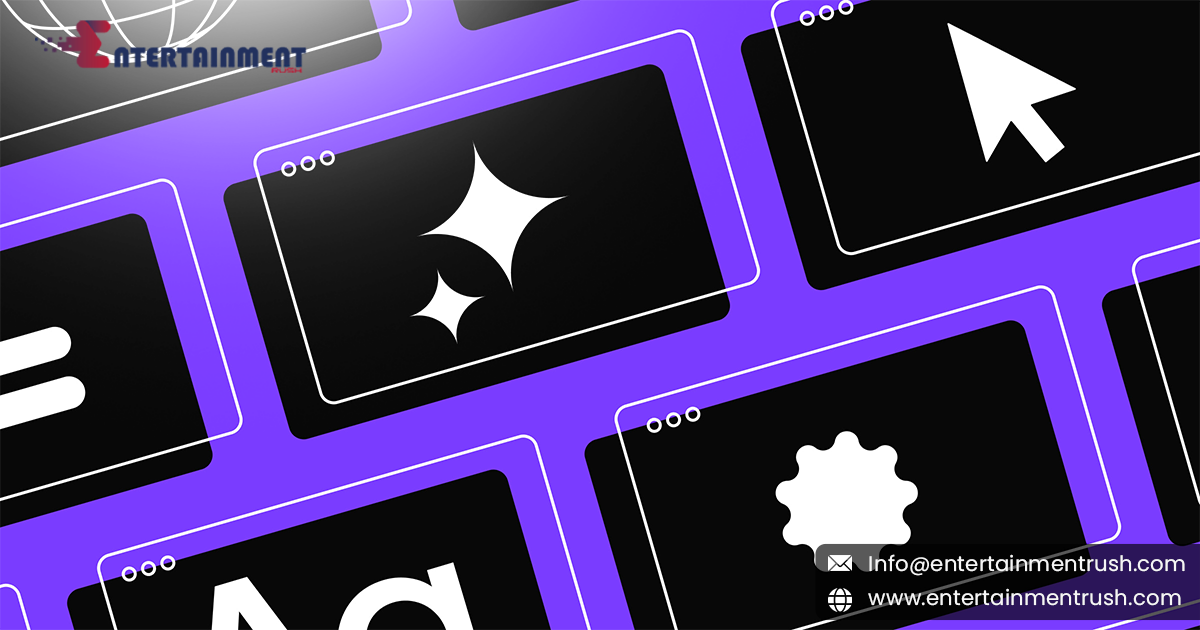As we journey through 2024, the digital landscape continues to evolve at an unprecedented pace. Web design, in particular, has seen remarkable innovations, with designers pushing the boundaries of creativity and user experience. The biggest, boldest web design trends of 2024—so far—reflect a blend of cutting-edge technology and artistic expression. These trends not only shape how websites look but also how they function and engage users. Let’s dive into the most exciting web design trends that are defining the year.
Immersive 3D Elements
One of the most striking trends of 2024 is the use of immersive 3D elements. As web technologies advance, designers are incorporating hyper-realistic 3D graphics into their websites, creating a sense of depth and interactivity that captures users’ attention. These elements are not just decorative; they often play a functional role, guiding users through a more engaging and intuitive navigation experience. Whether it’s product showcases, interactive maps, or dynamic backgrounds, 3D design is transforming how users interact with web content.
Dark Mode Evolution
Dark mode has been popular for a few years, but in 2024, it’s evolving beyond a mere aesthetic preference. The biggest, boldest web design trends of 2024—so far—showcase dark mode designs that are not only visually striking but also optimized for readability and energy efficiency. Designers are experimenting with subtle gradients, neon accents, and contrasting colors to make dark mode experiences more dynamic and engaging. This trend reflects a broader shift toward user-centric design, where aesthetics meet functionality.
Minimalist Maximalism
Minimalism in web design has long been a staple, but in 2024, we’re seeing the rise of “minimalist maximalism.” This trend combines the clean, uncluttered layouts of minimalism with bold, statement-making elements. Think large typography, vibrant color blocks, and striking visuals that stand out without overwhelming the user. This approach allows for a more dramatic and memorable user experience while maintaining the elegance and simplicity of traditional minimalist design.
Micro-Interactions for Enhanced Engagement
Micro-interactions—small, subtle animations that respond to user actions—are becoming more sophisticated and integral to web design in 2024. These micro-interactions add a layer of interactivity that enhances user engagement and satisfaction. From buttons that change color when hovered over to icons that animate upon clicking, these small details can make a big impact on the overall user experience. The biggest, boldest web design trends of 2024—so far—are all about making these interactions more meaningful and intuitive.
AI-Powered Personalization
Artificial intelligence continues to reshape web design, and in 2024, AI-powered personalization is at the forefront. Websites are increasingly using AI to tailor content, recommendations, and layouts to individual users based on their behavior and preferences. This trend allows for highly customized user experiences, making websites more relevant and engaging. From personalized landing pages to dynamic content that adapts in real-time, AI is enabling a new level of user interaction that feels both personal and seamless.
Sustainability-Centric Design
As environmental consciousness grows, so does the emphasis on sustainability in web design. The biggest, boldest web design trends of 2024—so far—include a shift toward eco-friendly design practices. This involves optimizing websites for energy efficiency, reducing carbon footprints, and using sustainable hosting solutions. Designers are also incorporating nature-inspired visuals, muted color palettes, and organic shapes to reflect a commitment to environmental sustainability. This trend not only appeals to eco-conscious users but also aligns with broader global sustainability goals.
Asymmetrical Layouts
Breaking away from traditional grid-based layouts, asymmetry is gaining traction in 2024. Asymmetrical layouts create a sense of dynamic movement and visual interest, making websites feel more modern and cutting-edge. This trend involves playing with spacing, layering elements, and breaking the grid to create a more fluid and organic design. The result is a unique and memorable user experience that challenges conventional design norms.
Bold Typography
Typography has always been a key element of web design, but in 2024, it’s taking center stage. The biggest, boldest web design trends of 2024—so far—feature oversized, expressive typography that commands attention. Designers are using bold fonts not just for headlines but throughout entire websites, often pairing them with minimalistic backgrounds to make the text the focal point. This trend emphasizes the power of words in conveying brand identity and messaging, while also adding a distinctive visual element to the design.
Augmented Reality (AR) Integration
As augmented reality technology becomes more accessible, its integration into web design is one of the most exciting trends of 2024. AR allows users to interact with digital elements in the real world, providing a more immersive and interactive experience. Websites are beginning to incorporate AR features for virtual try-ons, product visualizations, and interactive storytelling. This trend is particularly popular in e-commerce, where it enhances the shopping experience by allowing users to see how products would look or fit in their environment.
Neumorphism
Neumorphism, a design trend that blends skeuomorphism and flat design, continues to make waves in 2024. This style involves creating UI elements that mimic real-world objects with soft, extruded surfaces and subtle shadows. The effect is a modern, tactile interface that feels both familiar and futuristic. Neumorphism is particularly effective for buttons, cards, and other interactive elements, giving them a sense of depth and realism that enhances the user experience.
Conclusion
The biggest, boldest web design trends of 2024—so far—highlight a year of innovation, creativity, and user-centric design. From immersive 3D elements to AI-powered personalization, these trends are redefining how we interact with the digital world. As web design continues to evolve, staying ahead of these trends will be crucial for designers and businesses alike. Whether you’re looking to revamp your website or simply stay informed about the latest design innovations, these trends offer a glimpse into the future of web design.
